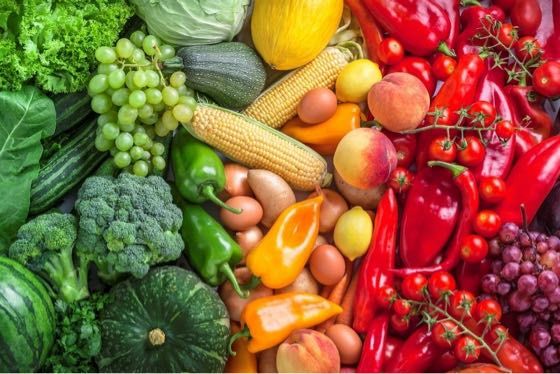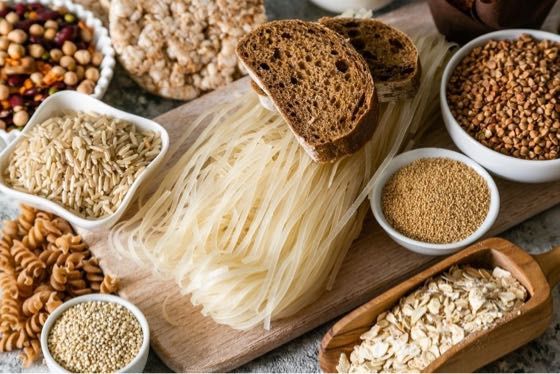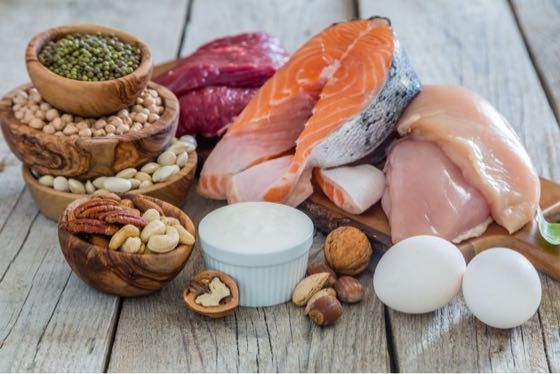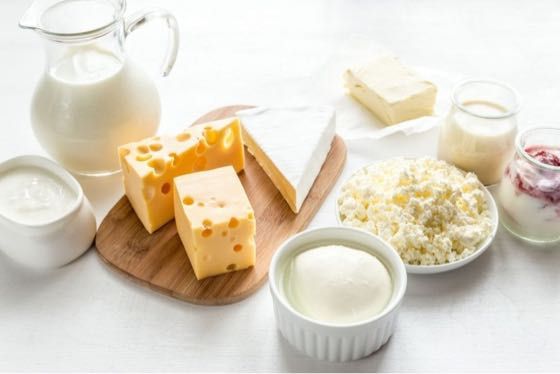Healthy eating basics
Eating well means having a wide variety of foods, mostly from the 5 core food groups.
Click each section of the plate to find out more.
Vegetables and fruit
Eating plenty of vegetables and fruit in all the colours of the rainbow will give you a great mix of the nutrients you need for good health. Whether fresh, frozen, bottled, canned or dried, aim for 2 serves of fruit and 5 serves of vegetables each day.

Grains and cereals
Grains and cereals, particularly wholegrains, provide a range of key nutrients such as B-vitamins, iron, vitamin E, protein and zinc that are essential for good health. Wholegrains are also high in fibre. This is great for bowel health, feeding the good bacteria in our guts. High-fibre carbohydrates are digested more slowly, providing long lasting energy and keeping you full for longer.

Meat and alternatives
The meat and alternatives group includes everything from lean red meat, chicken, fish and seafood to eggs, nuts, seeds, tofu and legumes/beans. The key nutrients provided by this food group are protein, iron and zinc.
Many Aussies are trying to reduce their intake of animal foods, and there are a lot of good reasons why. Moving to a more plant-based diet has benefits for health, your wallet and the environment. Plant-based eating doesn’t have to mean cutting out all animal foods; the aim is to focus on eating more plants and less animal products.

Dairy and alternatives
Dairy milk, yoghurt and cheese, and calcium-fortified plant-based milks all count towards your intake of this food group. Dairy products are an excellent source of calcium and protein as well a source of vitamin A, riboflavin, vitamin B12 and zinc. When choosing a plant-based milk, check the label to make sure it has calcium added.

Ultra-processed foods
While most foods and drinks are processed in some way before they hit the shelves, ultra-processed foods are those that have undergone significant transformation. These products have been manufactured to have a long shelf-life and override our natural appetite control mechanisms. They’re also highly branded and marketed. Ultra-processed foods are typically very high in kilojoules, sugar, salt and saturated and trans fats, while being low in the essential nutrients we need.
We call these products ‘junk foods and drinks’.
